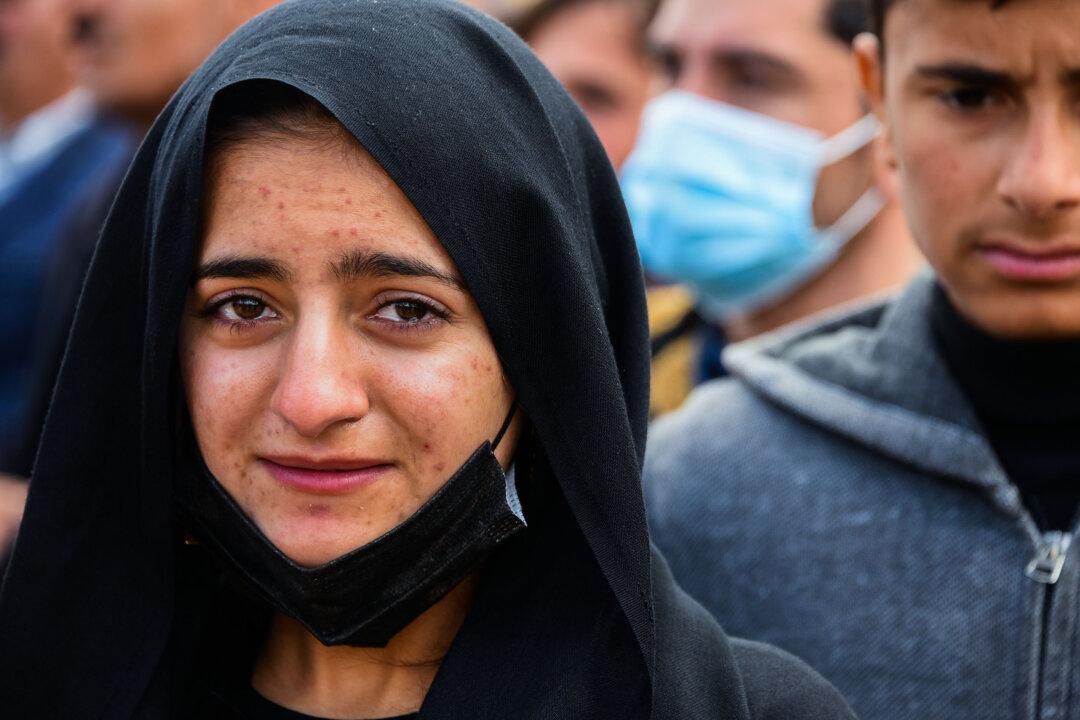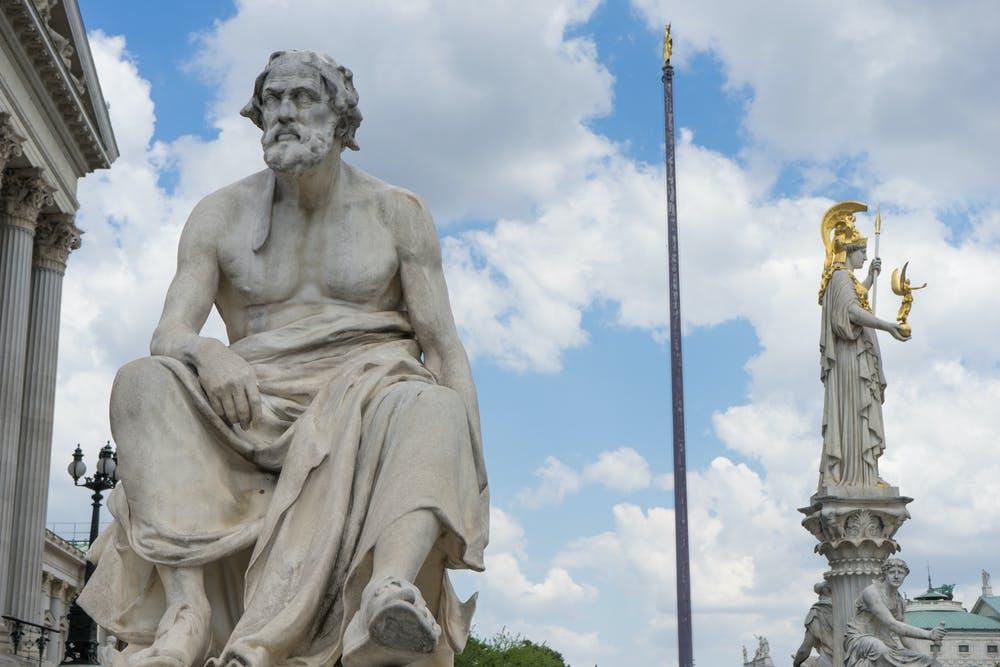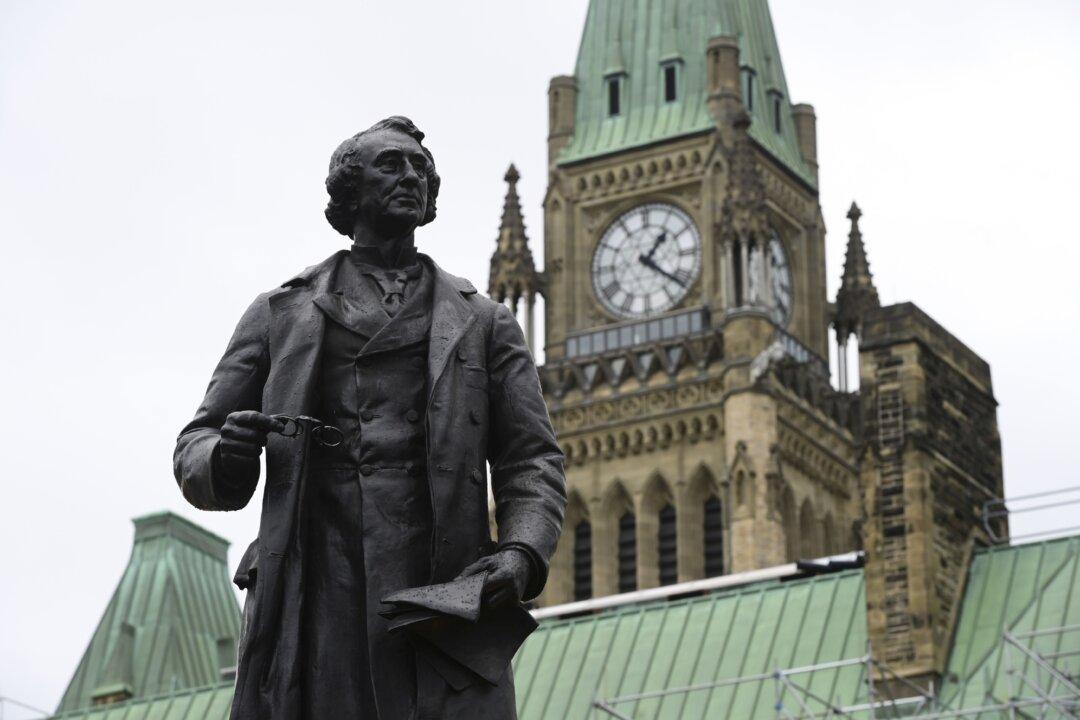Commentary
On March 28, Jews around the world will sit down and feast, some outside in balmy weather in Israel, California, and in the hotels of the Gulf Arab states that are now at peace with the Jewish State. The rest of us in the temperate world will celebrate on Zoom. The story that is told at Passover is as old as the Bible. It’s about slavery and freedom.





